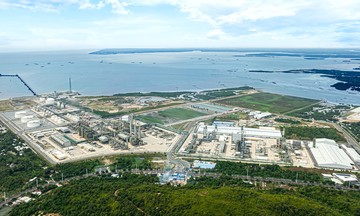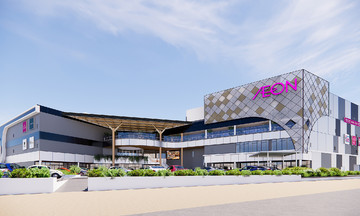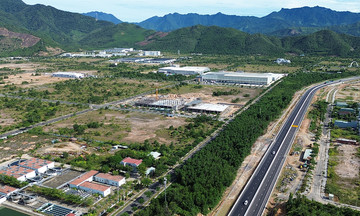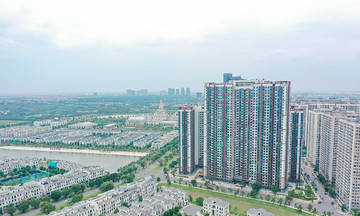At the national conference on social housing development on 16/8, the Ministry of Construction proposed raising the income threshold to 20 million VND for single individuals and 40 million VND for households (two spouses).
Prime Minister Pham Minh Chinh agreed with the ministry's proposals and instructed them to amend Decree 100/2024 accordingly using a streamlined process. The current monthly income limit for social housing eligibility is 15 million VND for single individuals and 30 million VND for households.
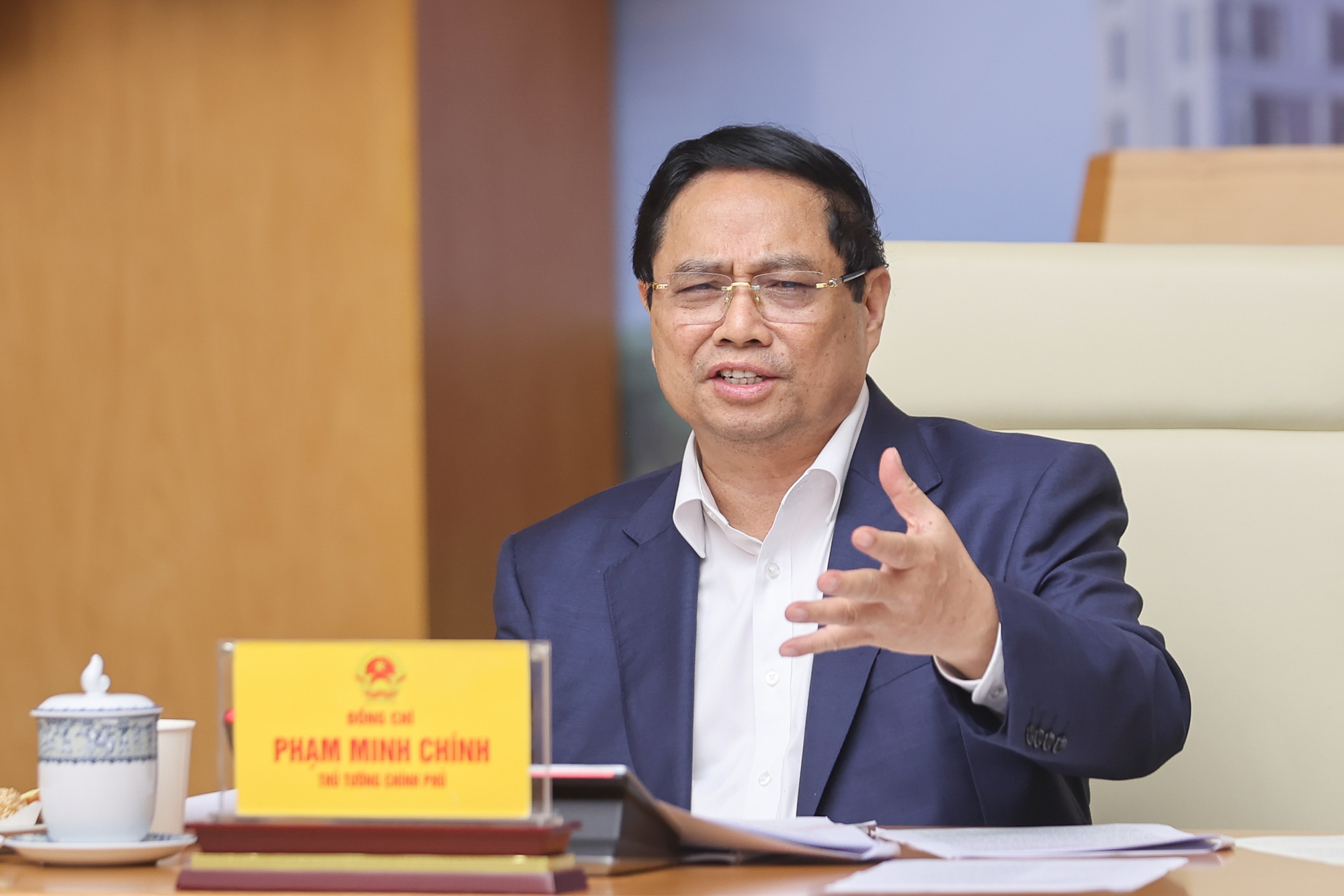 |
Prime Minister Pham Minh Chinh speaking at the social housing development conference on 16/8. Photo: VGP |
Prime Minister Pham Minh Chinh speaking at the social housing development conference on 16/8. Photo: VGP
According to Hai Phong People's Committee, the current income limit prevents many workers and professionals, who earn slightly more but still struggle to afford commercial housing, from accessing social housing benefits. "Hai Phong proposes increasing the maximum income for social housing eligibility or allowing localities to decide this threshold, similar to the existing mechanism for housing conditions," a representative said.
Vu Van Dien, Vice Chairman of the Quang Ninh Provincial People's Committee, echoed this sentiment. He noted that the higher cost of living in Quang Ninh warrants local adjustments to the income criteria.
The State Bank of Vietnam also supports the Ministry of Construction's proposal. Deputy Governor Pham Quoc Dung acknowledged that the current regulations are "relatively strict" and applied uniformly nationwide, despite varying average incomes across localities, creating implementation challenges.
Regarding credit, Vuong Van Minh, Deputy General Director of the Vietnam Bank for Social Policies, highlighted difficulties in supporting low-income earners in urban areas. He pointed out that after the administrative merger to a two-tiered system, some former urban towns are now classified as rural communes, leading to an increase in eligible low-income beneficiaries.
Verifying income for workers without contracts remains another obstacle. Pham Van Thinh, Vice Chairman of the Bac Ninh Provincial People's Committee, suggested that the government task the police with verification within 7 days, instead of the current commune-level procedure. "The police already have the data, and this would reduce the burden on local authorities while creating a larger pool of potential customers for social housing," he said.
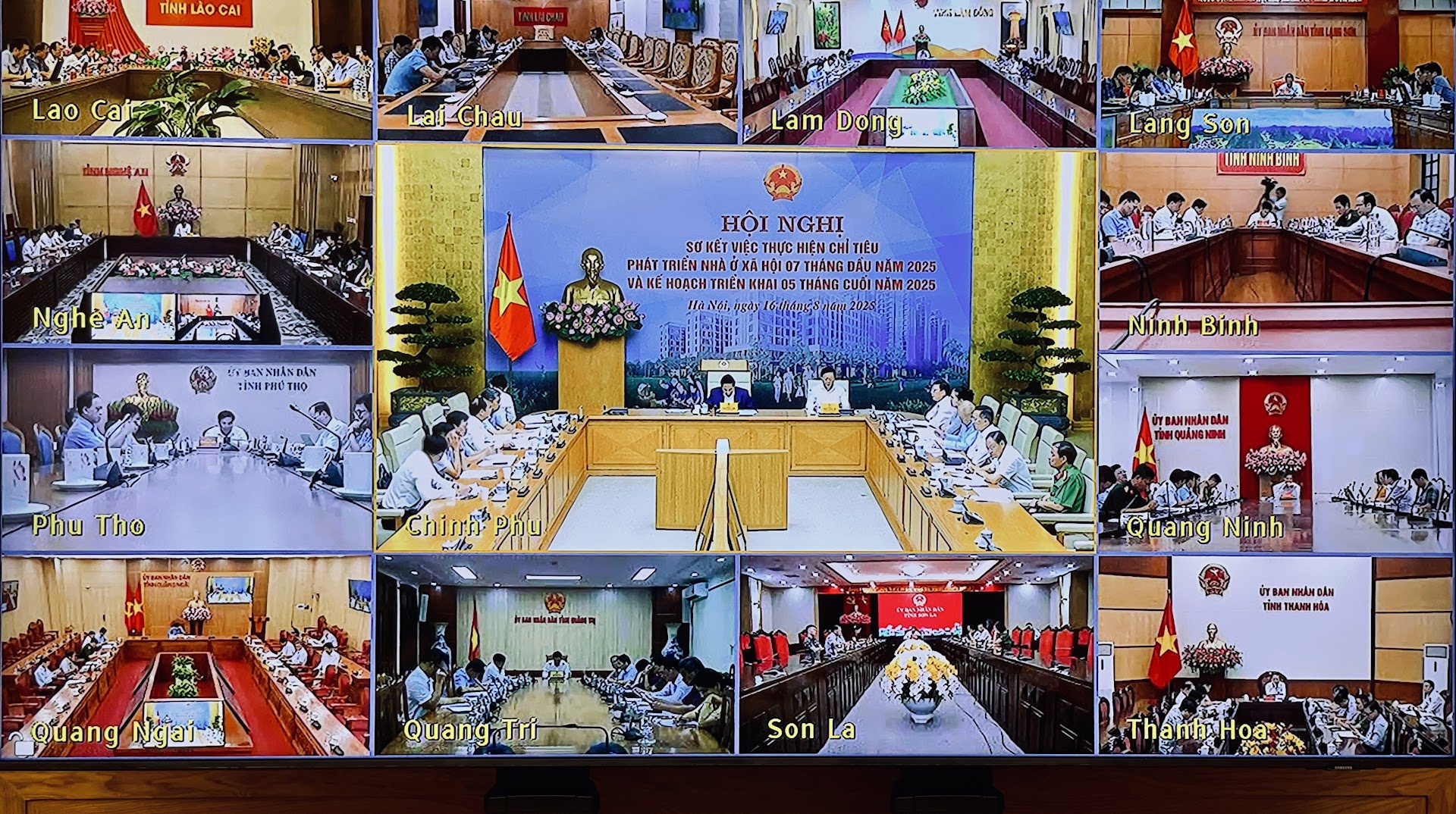 |
The conference was connected online to all localities nationwide. Photo: VGP |
The conference was connected online to all localities nationwide. Photo: VGP
Vietnam aims to build at least 1 million social housing units for low-income earners and industrial zone workers from 2021 to 2030. Recently, officials added struggling civil servants to the list of eligible buyers.
The Ministry of Construction reported 692 social housing projects underway nationwide, totaling 633,559 units. Of these, 146 projects (103,717 units) are complete, 144 (127,261 units) are under construction, and 402 (402,581 units) have received investment approval.
In addition to raising the income threshold, Prime Minister Pham Minh Chinh urged local authorities to collaborate with relevant ministries and agencies to increase supply and replicate successful models. He emphasized the need for timely guidance for developers and buyers, including those renting or leasing social housing.
Localities must also establish steering committees for social housing development, headed by the Party Secretary or People's Committee Chairman, who will be accountable to the government and the prime minister for results. They must implement Resolution 201, piloting special policies for social housing development and streamlining administrative procedures.
"Localities must not issue regulations that create additional conditions or criteria for investors or introduce cumbersome administrative procedures for businesses and citizens," the prime minister stated. He also stressed that administrative procedures for social housing projects should be expedited. Localities must promptly address obstacles in investor selection, bidding, investment and construction procedures, and determining sale and lease prices.
Furthermore, provinces and cities should review planning and allocate land for social housing in suitable locations with adequate infrastructure and social amenities. Utilities such as electricity, water, transportation, culture, education, healthcare, and sports should be developed concurrently to meet residents' needs and utilize public investment effectively, contributing to economic growth.
Phuong Dung






